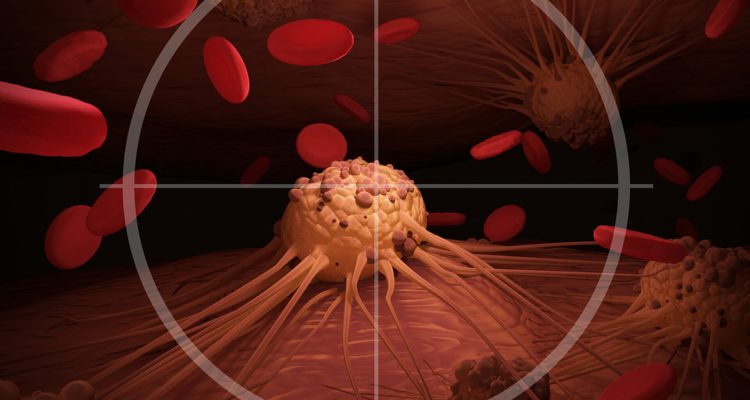
6 signs of oncology that should “alert” you
0
Cancer-related fatigue can easily be mistaken for everyday lethargy.
Cancer can manifest itself in a variety of ways, but some signs are almost always reported. Most patients can expect some degree of weight loss, pain, and fatigue. However, the problem with these signs is that they are nonspecific, meaning they can easily be confused with other diseases.
Cancer-related fatigue is an extremely common side effect of the disease. Between 80 and 100 percent of people with cancer report fatigue.
The fatigue these patients describe is said to be very different from the fatigue they experienced before they were diagnosed with cancer. Patients often describe feeling “sluggish” or feeling so weak that they have difficulty using the bathroom or the TV remote.
For many, fatigue is the most “worrying” symptom of the disease, as it can be more debilitating than pain, nausea, vomiting, or depression. The term “fatigue” is used interchangeably with the term “tiredness,” but there are important differences between the two.
Cancer-related fatigue (sometimes simply called “cancer fatigue”) is one of the most common side effects of cancer and its treatment. Many people with chronic illnesses experience fatigue. But cancer-related fatigue goes beyond ordinary fatigue. People who experience cancer fatigue often describe it as paralyzing.
It's important to “be alert for signs of cancer fatigue coming on,” which include:
- Tired eyes
- Stiff shoulders
- Inability to concentrate
- Boredom or lack of motivation
- Increased irritability
- Nervousness, anxiety, or impatience
The oncologist advises anyone who experiences unusual fatigue to keep track of their energy levels throughout the day. This can help you identify what factors are contributing to it and pinpoint the times of day when you're most tired or have the most energy.









Leave a Reply